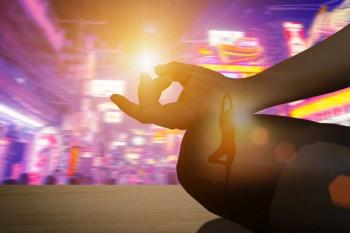
While anxiety, depression, loneliness, substance abuse. and domestic violence are inevitable consequences of physical isolation and reduced socialization from coronavirus, emotional strain is not limited to COVID-19.

While anxiety, depression, loneliness, substance abuse. and domestic violence are inevitable consequences of physical isolation and reduced socialization from coronavirus, emotional strain is not limited to COVID-19.
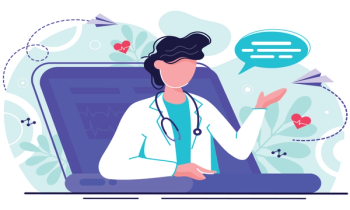
Behavioral health care providers are needed now more than ever to help support frontline caregivers and to provide access to care. Deena Tampi, MSN, MBA-HCA, offers insights about caring for the caregiver as well as providing access to care.
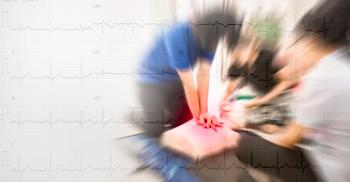
Rajesh R. Tampi, MD, MS, DFAPA, provides guidance for frontline health professionals and caregivers to mitigate stress and burden.

It’s not supposed to happen this way, but when dread pours over and out in this new dark night of the soul, I’m just thankful for anything that makes it stop.
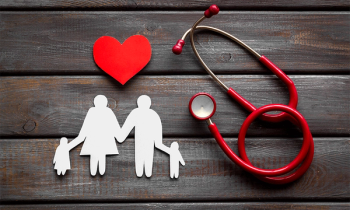
How can psychiatrists help caregivers deal with behavioral disturbances at home, without the possibility of an in-person doctor’s appointment? In this video, Marc E. Agronin, MD, offers tips for helping patients with Alzheimer disease and other dementias.

Whether your goal is to reduce anxiety or increase gratitude, giving thanks in written form can lead to a calmer outlook during this stressful time.

Tips for advocating for yourself and the safety of your patients.
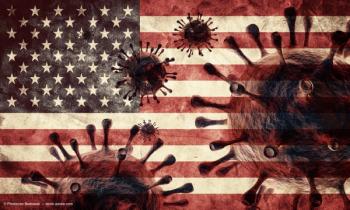
Allen Frances, MD, delivers a powerful message for mental health professionals to help them navigate the COVID-19 pandemic.
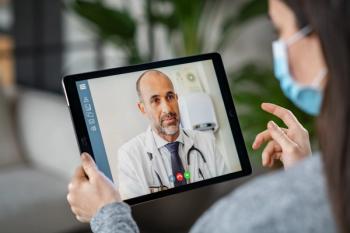
Within days of the COVID-19 pandemic, students scattered from campus to locations around the country, and their psychiatric care was interrupted at a time when they needed support more than ever.
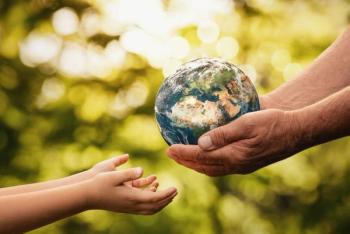
It is one thing to hear from colleagues about how patients and the public are coping with the pandemic. It is quite another to hear directly from children. Five-year-old Adam, his parents, and I invite you to join Team Earth. Here’s why.
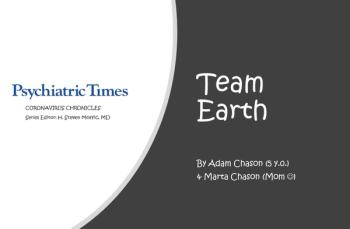
"Mom says viruses don’t attack countries, they attack people. And across countries we are still one people living under one roof." More in this pictorial and therapeutic dialog between a 5-year-old and his mother about the pandemic.
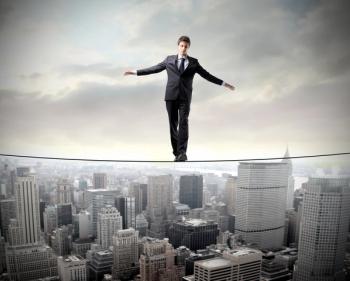
Alcoholism and addiction to other mood-altering drugs are biological medical problems, either inherited or acquired. Incurable but treatable, not all addictions lead to catastrophic consequences.

During this time, many individuals with Alzheimer disease are homebound with their caregivers. Here's how clinicians can help caregivers deal with common dilemmas under stay-at-home orders.
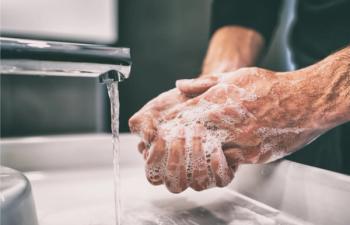
The skin is the biological mantle that protects us from the influence of many environmental factors, it is also that which is being exposed not only to sunlight but to viruses and bacteria as well.
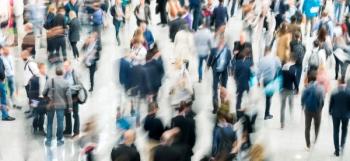
Lithium may have antiviral properties, but it also carries unique risks during a viral infection.

What is a “normal” reaction to this pandemic? How does one adapt to a new normal? How does an organization that has to downsize drastically adjust successfully, especially after the “honeymoon period”?
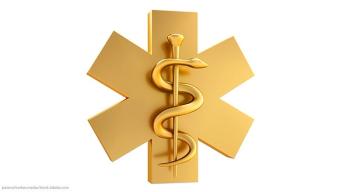
Lithium has successfully deterred over a dozen viruses, but how will it affect the novel coronavirus? In this podcast, Chris Aiken, MD, speaks with Janusz Rybakowski, PhD, MD, a pioneer in lithium research who helped discover its antiviral properties.
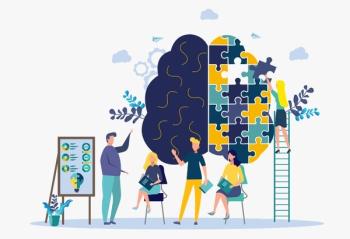
19 ways I think, and hope, that if implemented might help us, psychiatrists, mitigate the current situation.
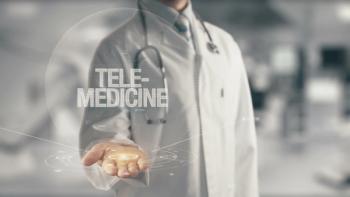
Practical tips to help clinicians get started or to hone skills in telepsychiatry.
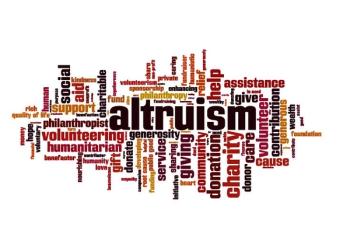
Dr Jud Brewer discusses the benevolent effects of altruism during the coronavirus pandemic in this brief podcast.

As we face a medical and existential crisis, how do we find strength and cope with stress and trauma? A podcast with Ronald W. Pies, MD.
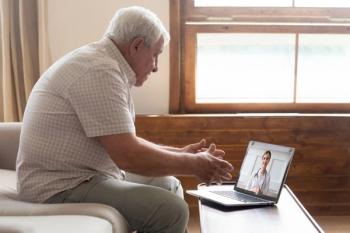
Psychiatry is being thrown, ready or not, into the world of telemedicine. Here you will find lessons, tips, and answers to common questions from psychiatrists who have successfully taken the leap.
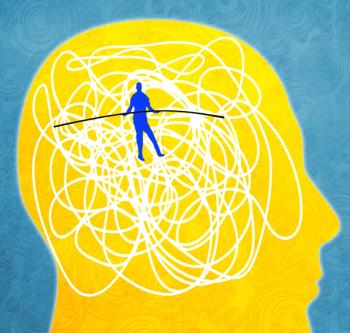
Mental health professionals charged with compassionate care for those facing a radically changing world filled with loss have one narrow task.

Three mountains must be climbed to emerge unscathed.
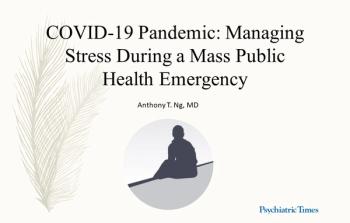
Health professionals' emotional reactions to the COVID-19 pandemic range from numbness, anxiety, fear, and rapid shifts to survivor guilt, helplessness, and feelings of detachment. Here: Stress management tactics and what to expect today and beyond.